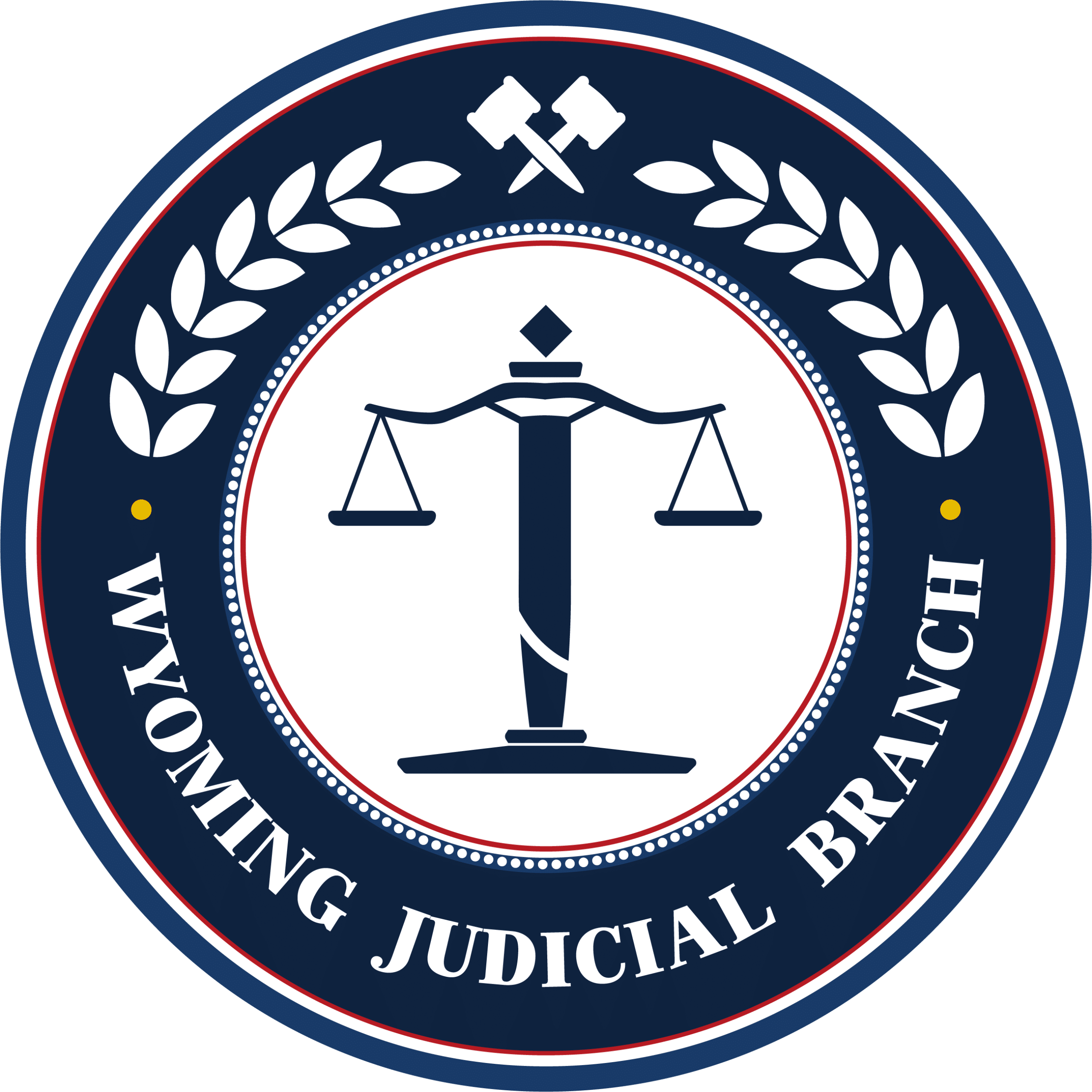Resources
Self-Help Forms
The Wyoming Judicial Branch provides these do-it-yourself forms to help individuals represent themselves in court.
Court Information
You can file for a protection order at the Circuit Court. Form packets are available online and at the courthouse. Click here for information about Wyoming circuit courts, including a directory.
National Domestic Violence Hotline
Call toll free at: 1-800-799-7233
CLIMB Wyoming
CLIMB Wyoming, is a non-profit organization, which trains and places eligible low-income single mothers in careers that successfully support their families.
Innocent Spouse Tax Relief
If you filed a joint tax return with your abuser and he or she knowingly underestimated or fraudulently reported items on your tax return, you may not be liable for the penalties and interest accrued for that misrepresentations. To find out more, visit the IRS's Taxpayer Advocate website or call 1-877-777-4778.
Wyoming Law Organizations
You may qualify for free legal help if you are a victim of domestic violence through the Wyoming Coalition Against Domestic Violence and Sexual Assault. If you do not qualify for their services, they will direct you to another organization. You may also contact these organizations for help with your legal issue:
- University of Wyoming Family & Child Advocacy Clinic
- Legal Aid of Wyoming
- Wyoming State Bar Lawyer Referral Service
National Law Organizations
